WHAT IS A TREADMILL TEST (TMT)?
is resting. This test also helps your doctor determine how well your heart handles the workload of exercise. In that way, your doctor knows the kind and level of physical activity that’s right for you before starting any exercise regimen.
What is necessary for a TMT or stress test when ECG and 2d echo are normal?
(supply). The heart requires around 1ml/min/gm of blood at resting (demand). This increases to 6 ml/min/gm during strenuous exercise (increased demand). The narrowing of coronary arteries is called coronary artery disease. Even if you have narrowing in your coronary arteries (i.e., even if you have coronary artery disease), the blood supply to your heart may be sufficient at rest (supply = demand). ECG and 2d echo are commonly done while you are resting. So they can be normal despite the presence of blockages in coronary arteries (CAD)
Why does my doctor advise TMT for me?
- 1. If your symptoms (such as chest pain or difficulty breathing) suggest coronary artery disease, but your ECG and 2d echo are normal, you may need TMT to rule out coronary artery disease. It is a poor man’s angiogram.
- 2. This test also helps your doctor to tell you how hard you can safely exercise when you are joining a cardiac rehabilitation program or starting an exercise program.
- 3. Sometimes helps your doctor know if treatments you have received for your heart disease are working.
Do I need to do anything to prepare for a stress test?
take some of them before the test. Certain drugs that decrease your heart rates, such as beta-blockers, calcium channel blockers, and ivabradine, must be stopped before the test. Please don’t stop taking them unless the doctor says to. You can take other medication as usual
What happens during the TMT test?
What is monitored during the test?
- ·Your heart rate utilizing ECG
- ·Your blood pressure by a mean of BP cuff
- ·Your electrocardiogram (ECG or EKG)
Is there a risk with the stress treadmill test?
Few complications that can occur during or after a treadmill test are
- heart attack or myocardial infarction
- Sudden cardiac arrest
- Ventricular tachycardia
- Ventricular fibrillation
- Accidental fall
How much time will it takes for the report to come?
What will my doctor advise after the TMT test?
Can my TMT be abnormal despite having no coronary artery disease?
When are you not supposed to do TMT?
I can’t do TMT. What should I do to know if I have coronary artery disease?
joint problems in their legs or fractures of the leg. In such a case, your cardiologist may advise you of alternative tests like stress 2d echo or angiogram.
What are alternative tests for the treadmill test or stress ECG test?
Alternative tests for treadmills are needed when a patient should not perform a treadmill test because of their medical condition.
- Coronary angiogram or CAG
- CT Coronary angiogram
Alternative tests for treadmills are needed when a patient can not perform a treadmill test because of their physical inability.
- Stress echo test
- Nuclear stress test
- Coronary angiogram or CAG
- CT Coronary angiogram
TMT versus 2d echo: which is better for heart diseases?
TMT test and 2d echo test are based on different principles. The purpose of the study is different. Hence, they are not comparable. 2d echo test is an imaging test of the heart that can take live pictures and videos of the beating heart. 2d echo test is for the anatomy of the heart like the size of the chambers, the thickness of the chambers, mass in the chambers, infection in the chambers, fluid around the chambers, etc. Doppler facility can be used to study the function of the heart valves like the mitral valve, aortic valve, pulmonary valve, and tricuspid valve. It is limited in chronic stable angina unless stress echo is used.
TMT test is, on the other way, a test that records the electrical activity of the heart on a graph paper before, during, and after exercise. It is mainly used to diagnose coronary artery diseases. It can not be used to diagnose valvular heart disease, congenital heart disease, pericardial heart disease, cardiomyopathies, and heart infections.
Can I have a normal angiogram with an abnormal TMT test?
The specificity of the tmt test is about 70 %. There is a 30% chance of having a normal angiogram or angiogram with mild abnormalities. This percentage can reach even up to 50 % if you have
- anemia
- concentric left ventricular hypertrophy
- age less than 40 years
- No risk factors for heart diseases like hypertension, diabetes, and smoking
- No symptoms of heart disease
Can I have an abnormal angiogram with a normal TMT test?
The sensitivity of the exercise stress test or stress ECG test is just 60 to 70%. Around 30 percent of patients with CAD on angiogram can have normal tmt reports.
Which stress test is better for the detection of coronary artery disease?
We have three main stress tests for diagnosing CAD. They are
- stress ECG test or tmt test
- stress echo test
- nuclear stress test
TMT test is the fastest test to perform among the three. Among them, the stress echo test or dobutamine stress test is the most accurate. However, the stress ECG or tmt test gained popularity because it is inexpensive, widely available, and needs less technical expertise.
I can not run fast. Is there any alternative?
For patients with low fitness levels, the tmt test got other protocols apart from standard protocol. In those protocols, the speed and tilt of the treadmill increase slowly.
What stage should I reach to complete the tmt test?
Reaching a particular stage is not a target in the treadmill test. Target during the tmt test is to get a target heart rate that depends on your age. Few people reach the target heart rate in the first stage itself. Few patients take stage 5 or 6 to complete the test. Most patients complete the tmt test in 2 to 4 stages.
What happens if I stop the test prematurely?
Your cardiologist gives the tmt report as inconclusive. You have to do the tmt test again after a few days or go for an alternative test.
When should I stop the tmt test?
You should stop the tmt test if you experience the following symptoms
- chest pain
- severe shortness of breath
- Giddiness
- Wheezing
- Leg cramps.
To stop the tmt test. you can either press the knob or inform your cardiologist
What is the cost of the tmt test in India?
TMT is an inexpensive test among all stress tests. It is called poor mans angiogram. The cost can range anywhere from 1000 Indian rupees to 3000 Indian rupees. Price varies based on the city and center of the tmt test. TMT test is included in health packages also. You can get it in the package at a cheaper rate. It does not cover under insurance.
Is it compulsory to undergo an angiogram after an abnormal tmt test?
It is better to undergo a coronary angiogram after a positive treadmill test. Many people avoid it for many reasons. Affordability is the most common cause. Do not panic. You will not get a heart attack immediately if you get a tmt test positive. Your doctor may prescribe medicines for CAD like blood thinners and drugs to reduce angina. You should use them without fail; If you get improvement with medications, an angiogram can be postponed. If symptoms do not improve, an angiogram should be done.
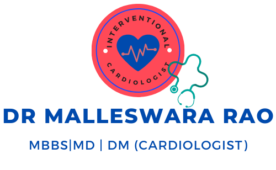
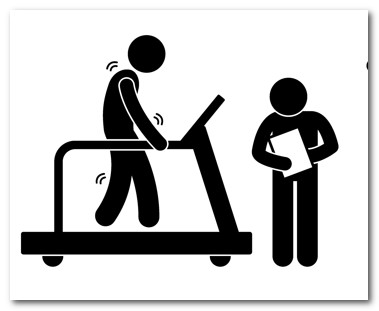
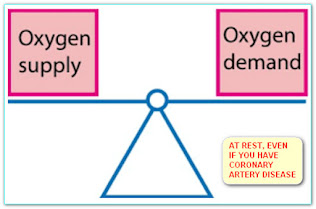
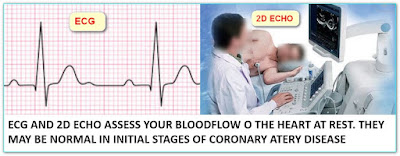
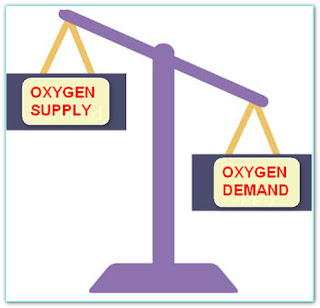

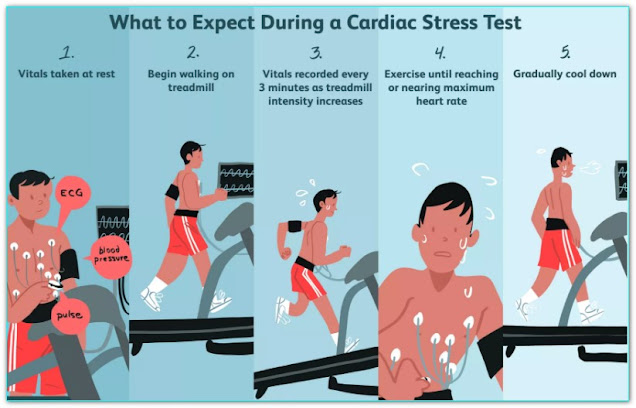
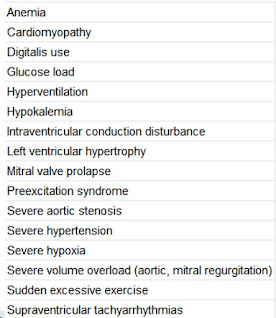
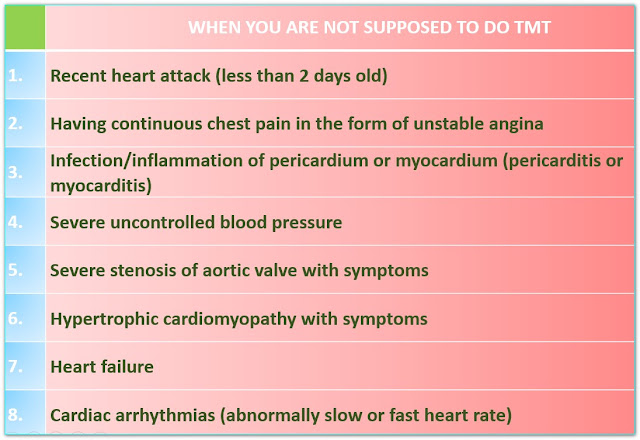
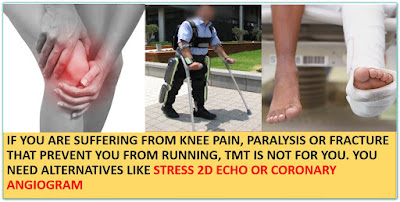
The Xterra Fitness TR150 and proform 905 cst treadmill are The best treadmill in this time.You can check out and order now.
proform 905 cst treadmill
xterra fitness tr150
I found this blog very helpful and informative. If you’re finding nordictrack t 6.5 s treadmill. You can visit our site by clicking here.
Very nice article, I really impressed to your post because I found my needs here. Highly recommend this blog.
xterra fitness tr150
Pretty nice post. I just stumbled your weblog and wanted to say that I have really enjoyed browsing your blog posts. After all I’ll be subscribing to your feed and I hope you write again soon!
Shop Doctor's Best Vitamins
This is the most informative post for me in this blog. This post cleared my all confusion about this product. I really like this and also recommend your blog. We are also offering pink treadmill. You can check out.
Nice post, Your given information is very useful. Thanks for Sharing this informational blog post. Please keep it up. For more detail click this hyper link Best Budget Treadmill under $500
i have got some information from this blog. that is very nice achievement for me. i am waiting
for his next update. it is very helpful blog for every healthy people. for more update click
best
yoga teacher training Hong Kong
Very valuable information, it's not like all the blogs that we find here, congratulations, I was looking for something like this and found it here. Thank you for sharing this blog here. personal injury center Maryvale az
Your level of quality work remains unprecedented in our organization.
Computer os installation
I liked your work and the way in which you have shared this article here about treadmill. It is a beneficial and helpful article for us. Thanks for sharing an article like this.
best motorised treadmill
Your blog is very valuable which you have shared here about.cycle for home exerciseI appreciate your efforts which you have put into this article and also it is a gainful article for us. Thank you for sharing this article here.
It is truly a well-researched content and excellent wording. I got so engaged in this material that I couldn’t wait to read. I am impressed with your work and skill. Thanks. Read more info about Accident Injury Claim
Nice info, I am very thankful to you for sharing this important knowledge. This information is helpful for everyone. So please always share this kind of information. Thanks. Read more info about Markham psychologists
I liked your work and, as a result, the manner you presented this content about car accident injury treatment Phoenix az.It is a valuable paper for us. Thank you for sharing this blog with us.
Are you looking for psychiatrists atlanta? Are you facing any mental issue? Then should definitely visit a psychiatry. Dr. Ibelema is a Psychiatrist and Pediatrician. She received her medical degree from Morehouse School of Medicine.